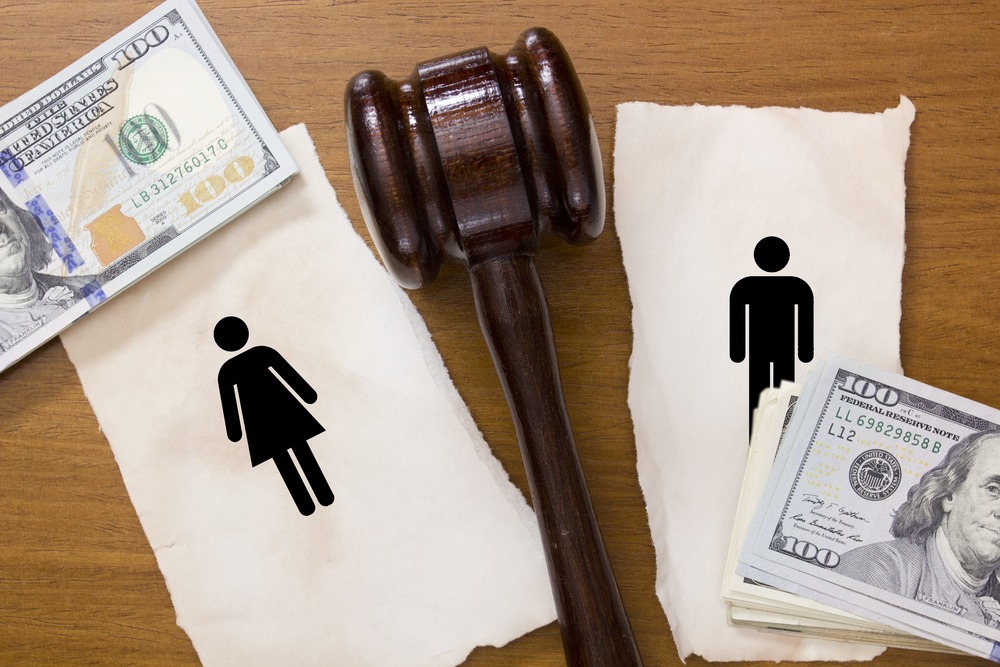As much as we’d like it, no major life event comes with a user manual. A divorce is no different. Feeling overwhelmed and confused during such a stressful time is perfectly understandable. However, you must remember that the actions you take before, during, and after this process can significantly impact your future.
As challenging as it might be, try your best to avoid these six common divorce mistakes.
1. Not Hiring an Experienced Attorney
You might think you can navigate the divorce process without professional help. After all, why spend money on an attorney when the divorce will be amicable? Or why ask for professional help when you can just consult your friends and family members who’ve gone through the same process?
Before you get your hopes up, know that DIYing a divorce is rarely a good idea. In most cases, it will only lead to an unfavorable outcome. You might end up with fewer assets or lower child support or get to see your children less. These are just some of the potential consequences of going into something as serious as a divorce blindly.
Hiring a skilled family law attorney is the only way to ensure your rights and interests are protected throughout the divorce process, no matter how heated and complicated it gets.
2. Overlooking the Financial Considerations and Repercussions of a Divorce
Divorce is usually a catalyst for significant financial changes. After the process, you’ll probably transition from a two-income to a one-income household or might have to pay child and spousal support. And those are just the financial considerations most people are familiar with.
What about mediation expenses, property valuations, and insurance and tax payments? These are some of the divorce expenses that typically catch people off guard.
To avoid any unpleasant surprises (during an already unpleasant time), consult your lawyer or financial advisor on what to expect from your divorce money-wise.
3. Not Being 100% Honest
During a divorce, you might be tempted to sugarcoat a few things to protect your reputation and avoid negative consequences. It might even occur to you to provide inaccurate information about your income or assets to secure a more favorable financial settlement.
But being dishonest in court will bring nothing good. The same goes for communicating with your attorney. Fail to disclose all the essential facts of your case to them, and you might cause irreparable harm. Not to mention that you can even face fraud charges if (or, more likely, when) the truth comes to light.
4. Failing to Comply With Court Orders
The judge overseeing your case might issue various court orders during and after the proceeding. These include temporary restraining, custody, and child support orders. Chances are some of these won’t be in your favor.
You’re free to find these orders unjust or incorrect. You can even work with your legal team to appeal them. But what you can’t do, under any circumstances, is fail to comply with them until they’re modified or overturned. Failing to comply with these legally binding directives can only undermine your credibility and lead to negative consequences that further complicate your situation.
5. Letting Emotions Get the Best of You
Truthfully, a divorce will likely take you on an emotional rollercoaster ride. You might feel sad about your marriage ending, anxious about the future, frustrated with all the legal complexities, and even angry at how the other party is handling this process. Feeling all these emotions is only human. But acting on them and letting them drive your decisions is counterproductive and potentially detrimental.
Think of your long-term goals instead of getting caught up in temporary emotions. If you don’t think you can do it on your own, seek the help of a therapist or family counselor and put your trust in your attorney. These professionals will be your voice of reason, bringing you back to the right path and helping you make sound decisions.
6. Not Considering Alternative Dispute Resolution (ADR)
Divorce doesn’t always have to be contentious and adversarial. You can try to resolve this process collaboratively through Alternative Dispute Resolution (ADR). These options are usually associated with less time in court, less money spent, and, most importantly, less stress. Provided both parties are willing to take this route, discuss the ADR options with your attorney. Hopefully, you’ll find an amicable resolution that benefits both parties in no time.
Proceed With Caution
Most divorce processes are fraught with pitfalls. Fail to avoid them, and you might prolong your divorce proceeding, increase your legal expenses, further strain your relationship with the other party, and leave the courtroom unsatisfied with the outcome. By being informed and seeking professional help, you’ll minimize the risks of making costly mistakes and safeguard your future.

